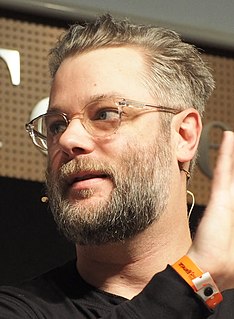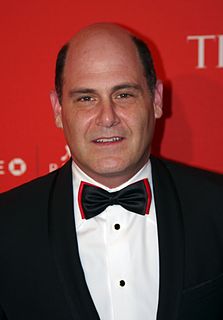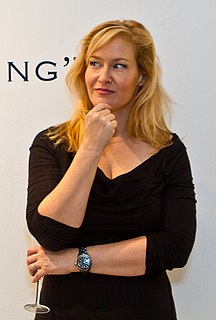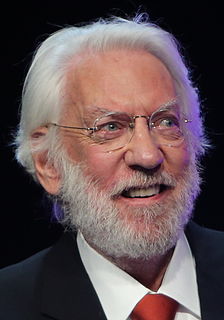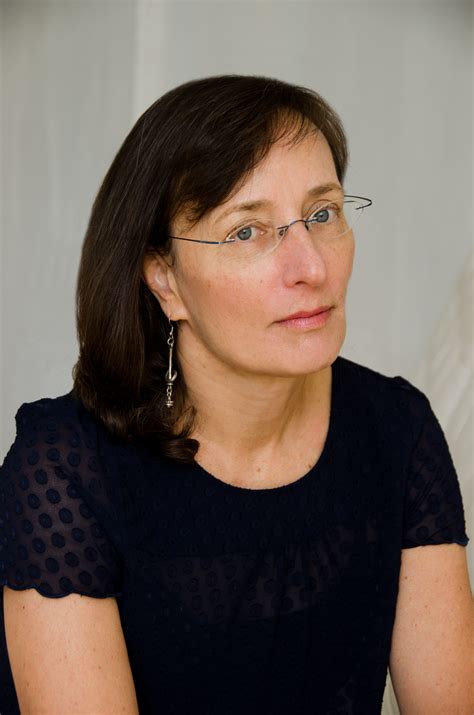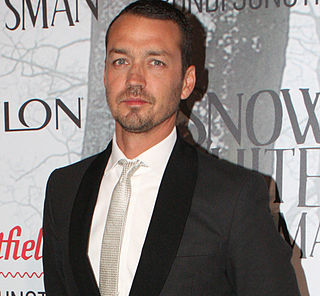A Quote by Cory Barlog
I had a very specific idea of the personal nature of the story I wanted to tell, really changing the image and the perception of Kratos.
Related Quotes
The ideas always have to be in service of the story. And that's what Scott and the writers did - they weren't trying to beat you over the head with an idea; they had a story they wanted to tell, and they had ideas, so they used the story as a way of fleshing out the ideas. It all depends on where they want to go with it.
The chance to tell personal, language-specific, culturally specific stories is really flourishing on TV and I think it's just the nature of movies and international demands that you need to get a much bigger audience. TV is more like independent film was. The forms of adult drama and certain kinds of sophisticated comedy, there's no room for them in the tentpole movie universe.
Memoirists, unlike fiction writers, do not really want to 'tell a story.' They want to tell it all - the all of personal experience, of consciousness itself. That includes a story, but also the whole expanding universe of sensation and thought ... Memoirists wish to tell their mind. Not their story.
I knew what I wanted to do when I set out. I knew that I wanted to write a book that told the story, obviously. I wanted it be comedy first, because I felt like there already had been childhood druggy stories that were very serious, and I felt that the unique thing here was that I was a comic and I could tell the story with some levity, and I have been laughing at these stories my whole life.
